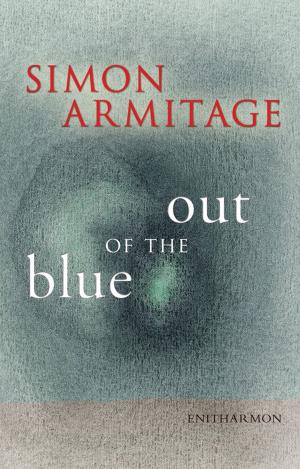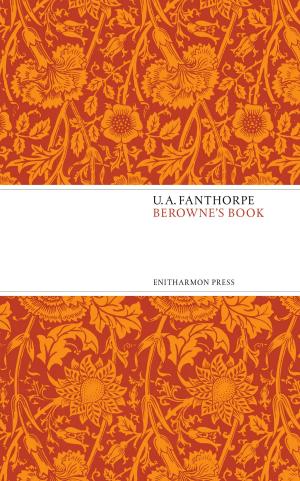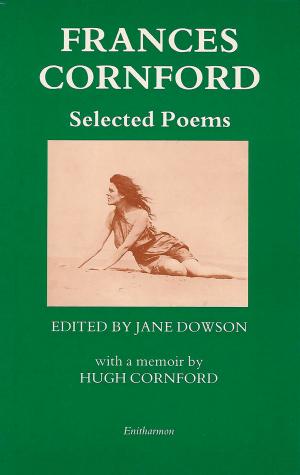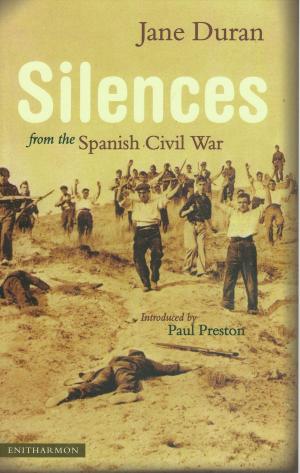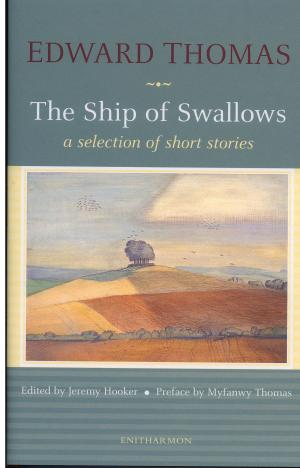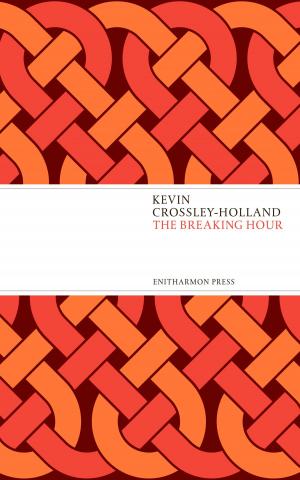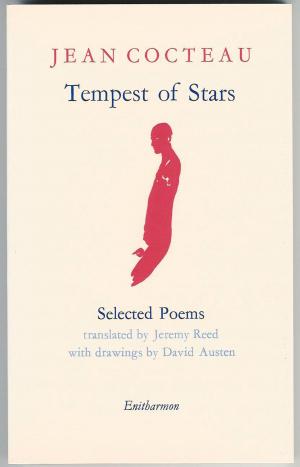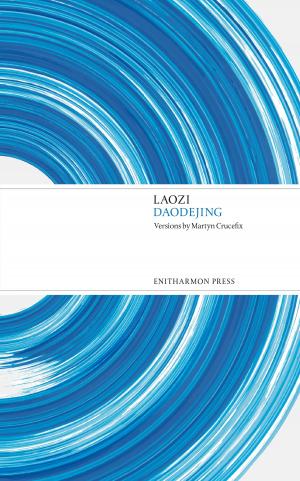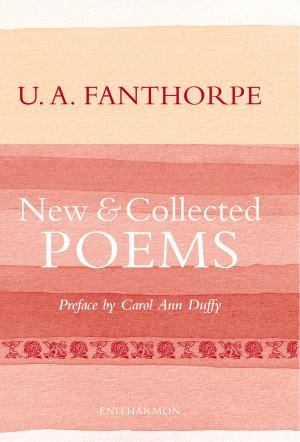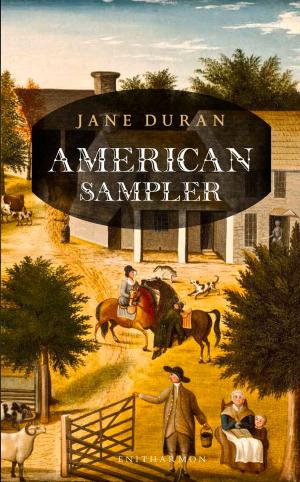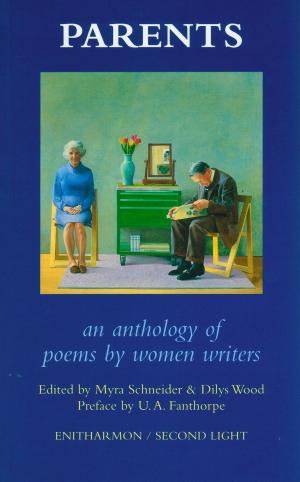| Author: | Kevin Crossley-Holland | ISBN: | 9781907587320 |
| Publisher: | Enitharmon Press | Publication: | February 15, 2013 |
| Imprint: | Enitharmon Press | Language: | English |
| Author: | Kevin Crossley-Holland |
| ISBN: | 9781907587320 |
| Publisher: | Enitharmon Press |
| Publication: | February 15, 2013 |
| Imprint: | Enitharmon Press |
| Language: | English |
Kevin Crossley-Holland is a poet, translator from Anglo-Saxon, librettist, reteller of traditional tale and novelist for children. The Mountains of Norfolk brings together poems from eight previous collections, spare yet sensuous, bearing witness to relationships, history, East Anglia, language and the craft of writing, and the meeting-places of body and spirit. The volume also contains a group of new poems musing on youth and old age, friendship, love and the layers of landscape.
'A sequence of wild, desperate, beautiful and original statements… Moored Man is a fine poem. There is a tragic loneliness in it reminiscent of that in Ted Hughes's Crow.'
Ronald Blythe
'Crossley-Holland uncovers not only words but an entire landscape which haunts and is rich in echoes.'
Helen Dunmore The Observer
'Highly sensitised to the relationship between man and the landscape, and man and the four elements. He has got this marvellous capacity of moving quite effortlessly from today back across a thousand years, and back again.'
Charles Causley
'A sequence of wild, desperate, beautiful and original statements… Moored Man is a fine poem. There is a tragic loneliness in it reminiscent of that in Ted Hughes's Crow.'
Ronald Blythe
'Crossley-Holland uncovers not only words but an entire landscape which haunts and is rich in echoes.'
Helen Dunmore The Observer
'Highly sensitised to the relationship between man and the landscape, and man and the four elements. He has got this marvellous capacity of moving quite effortlessly from today back across a thousand years, and back again.'
Charles Causley
Kevin Crossley-Holland is a poet, translator from Anglo-Saxon, librettist, reteller of traditional tale and novelist for children. The Mountains of Norfolk brings together poems from eight previous collections, spare yet sensuous, bearing witness to relationships, history, East Anglia, language and the craft of writing, and the meeting-places of body and spirit. The volume also contains a group of new poems musing on youth and old age, friendship, love and the layers of landscape.
'A sequence of wild, desperate, beautiful and original statements… Moored Man is a fine poem. There is a tragic loneliness in it reminiscent of that in Ted Hughes's Crow.'
Ronald Blythe
'Crossley-Holland uncovers not only words but an entire landscape which haunts and is rich in echoes.'
Helen Dunmore The Observer
'Highly sensitised to the relationship between man and the landscape, and man and the four elements. He has got this marvellous capacity of moving quite effortlessly from today back across a thousand years, and back again.'
Charles Causley
'A sequence of wild, desperate, beautiful and original statements… Moored Man is a fine poem. There is a tragic loneliness in it reminiscent of that in Ted Hughes's Crow.'
Ronald Blythe
'Crossley-Holland uncovers not only words but an entire landscape which haunts and is rich in echoes.'
Helen Dunmore The Observer
'Highly sensitised to the relationship between man and the landscape, and man and the four elements. He has got this marvellous capacity of moving quite effortlessly from today back across a thousand years, and back again.'
Charles Causley


